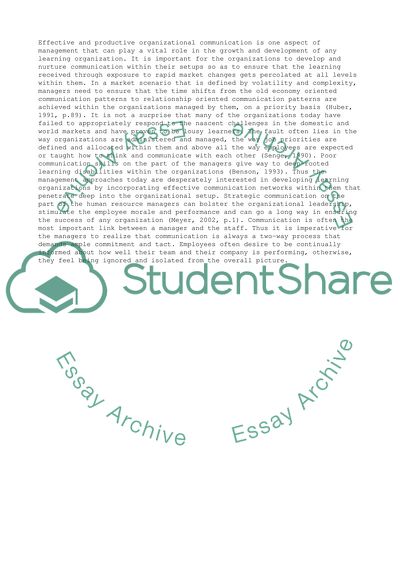Cite this document
(“Management and Communication: Communication Skills Term Paper”, n.d.)
Management and Communication: Communication Skills Term Paper. Retrieved from https://studentshare.org/management/1510546-management-master-essay
Management and Communication: Communication Skills Term Paper. Retrieved from https://studentshare.org/management/1510546-management-master-essay
(Management and Communication: Communication Skills Term Paper)
Management and Communication: Communication Skills Term Paper. https://studentshare.org/management/1510546-management-master-essay.
Management and Communication: Communication Skills Term Paper. https://studentshare.org/management/1510546-management-master-essay.
“Management and Communication: Communication Skills Term Paper”, n.d. https://studentshare.org/management/1510546-management-master-essay.


